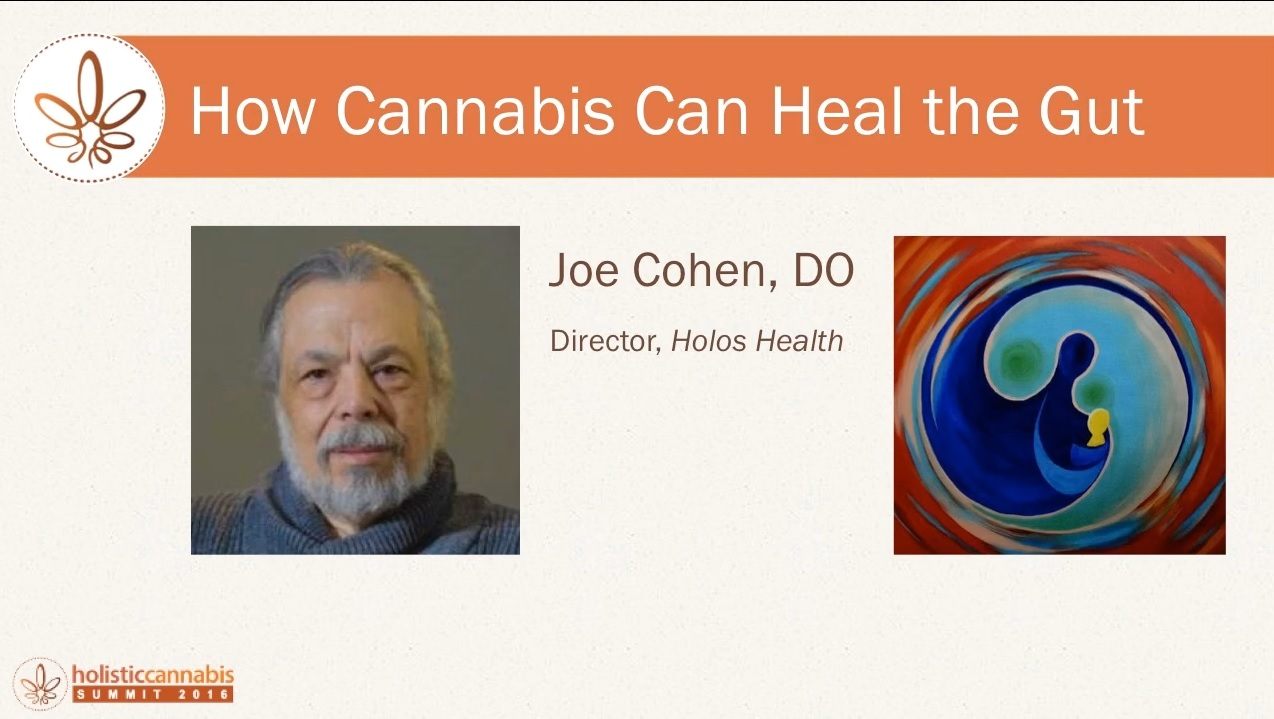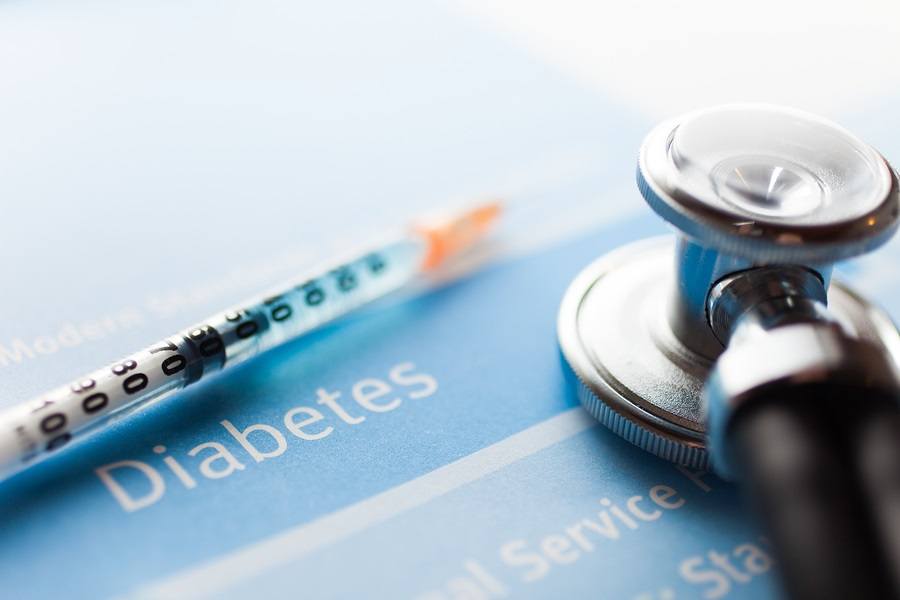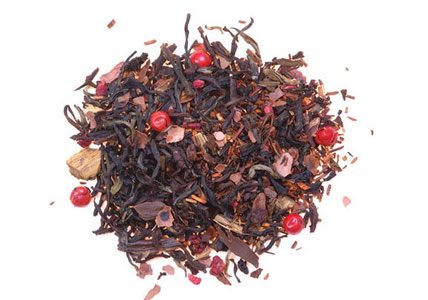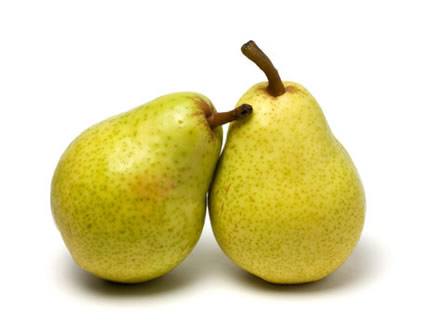Big Pharma Failing Diabetics: Diabetes Can Be Prevented, Controlled, and Reversed Naturally
Celebrity doctor Mehmet Oz exclaimed on national TV not long ago, “Alarm bells are ringing. The CDC estimates that one third of all Americans will develop diabetes and will live 15 years less and lose quality of life. No public health problem compares in scale.” The burgeoning diabetes epidemic comes mostly in the form of type 2 diabetes. Of the 29.1 million cases of diabetes estimated in 2014, only 1.25 million were type 1 diabetic, less than five percent. Type 2 diabetes is actually a life style disease, preventable with proper exercise and diet, and even reversible the same way. Pharmaceutical medications for type 2 diabetes rarely if ever improve that condition, and their side effects are actually precursors for other diseases, even cancer. A type 2 diabetic prescribed insulin will most likely become type 1 diabetic instead of curing type 2. Diabetes 2 is happening among a large portion of our population who are victims of SAD, the Standard American Diet of processed and fast foods as well as other poor and sedentary lifestyle choices. And injecting insulin for type 2 diabetics, though sometimes prescribed, is decried as the wrong approach by others who consider it like pouring kerosene on a fire to put it out.













